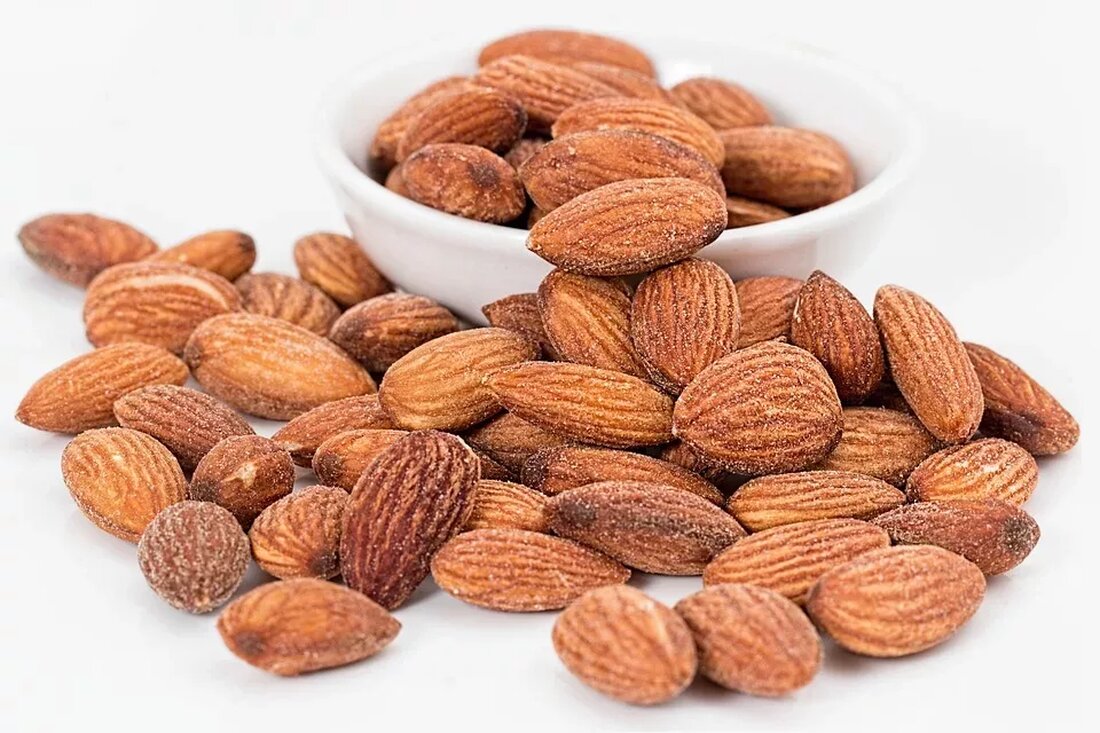Nutrition during menopause: what changes?
Nutrition during menopause: what changes? Menopause brings with it many changes, both physical and emotional. One of these changes concerns nutrition and metabolism. In this article, we'll take a look at what changes when it comes to diet during menopause and how women can best manage this time. The influence of hormones The main reason for the changes in diet during menopause are the hormonal changes in the body. As we age, the body produces less estrogen and progesterone, which can lead to a range of symptoms including hot flashes, weight gain and muscle weakness. …

Nutrition during menopause: what changes?
Nutrition during menopause: what changes?
Menopause brings with it many changes, both physical and emotional. One of these changes concerns nutrition and metabolism. In this article, we'll take a look at what changes when it comes to diet during menopause and how women can best manage this time.
The influence of hormones
The main reason for the changes in diet during menopause is the hormonal changes in the body. As we age, the body produces less estrogen and progesterone, which can lead to a range of symptoms including hot flashes, weight gain and muscle weakness.
These hormonal changes also affect metabolism. The body uses less energy and burns fewer calories, which can lead to increased susceptibility to weight gain. For this reason, a balanced diet is particularly important to stay healthy and fit.
The importance of a balanced diet
During menopause it is important to pay attention to a balanced diet. A balanced diet includes a variety of foods from all nutrient groups, including fruits, vegetables, whole grains, lean proteins and healthy fats.
A balanced diet provides all the necessary nutrients for the body and helps balance hormones. It can also help control weight and reduce the risk of conditions such as osteoporosis and heart disease.
Calcium and vitamin D for strong bones
Menopausal women are at increased risk of osteoporosis, a bone disease that causes brittle bones. Adequate calcium and vitamin D intake is crucial to maintaining bone density and reducing the risk of fractures.
Dairy products like milk, yogurt and cheese are good sources of calcium. Kale, broccoli, and almonds are also high in calcium. Vitamin D is produced through sun exposure and can also be obtained through consumption of fatty fish such as salmon and tuna, as well as fortified foods such as milk and cereals.
Sufficient protein intake for muscle maintenance
As we age, muscle mass decreases, which can lead to muscle weakness and a slower metabolism. Adequate protein intake is important to prevent muscle loss and maintain muscle mass.
Good sources of protein include lean meat, fish, chicken breast, eggs, legumes and tofu. It is recommended to consume a protein source with each meal to spread protein intake evenly throughout the day.
Fiber for healthy digestion
As we age, many women experience digestive problems, such as constipation and bloating. A diet high in fiber can help improve digestion and reduce the risk of intestinal diseases.
Fruits, vegetables, whole grains, legumes and nuts are all good sources of fiber. It is recommended to consume at least 25 grams of fiber daily.
Don't forget to drink fluids
During menopause, many women suffer from hot flashes and increased sweating. Adequate fluid intake is important to keep the body hydrated and replenish fluid loss.
It is recommended to drink at least 8 glasses of water daily. Tea, fruit juice and soups can also help with hydration. Alcohol and drinks containing caffeine should be consumed in moderation as they can have a dehydrating effect.
Additional nutritional supplements
In some cases, it may make sense to take nutritional supplements to meet the increased nutrient requirements during menopause. Calcium and vitamin D supplements can help meet the needs of these nutrients.
It is important to speak with a doctor before taking supplements to determine whether they are appropriate for your individual needs and to consider possible interactions with other medications.
Conclusion
Menopause brings with it changed hormonal and metabolic needs that require an adjusted diet. A balanced diet with enough calcium, vitamin D, protein, fiber and fluids is crucial to staying healthy and preventing possible complications such as osteoporosis. Dietary supplements may help to meet increased nutrient requirements, but should be taken in consultation with a doctor.

 Suche
Suche
 Mein Konto
Mein Konto
